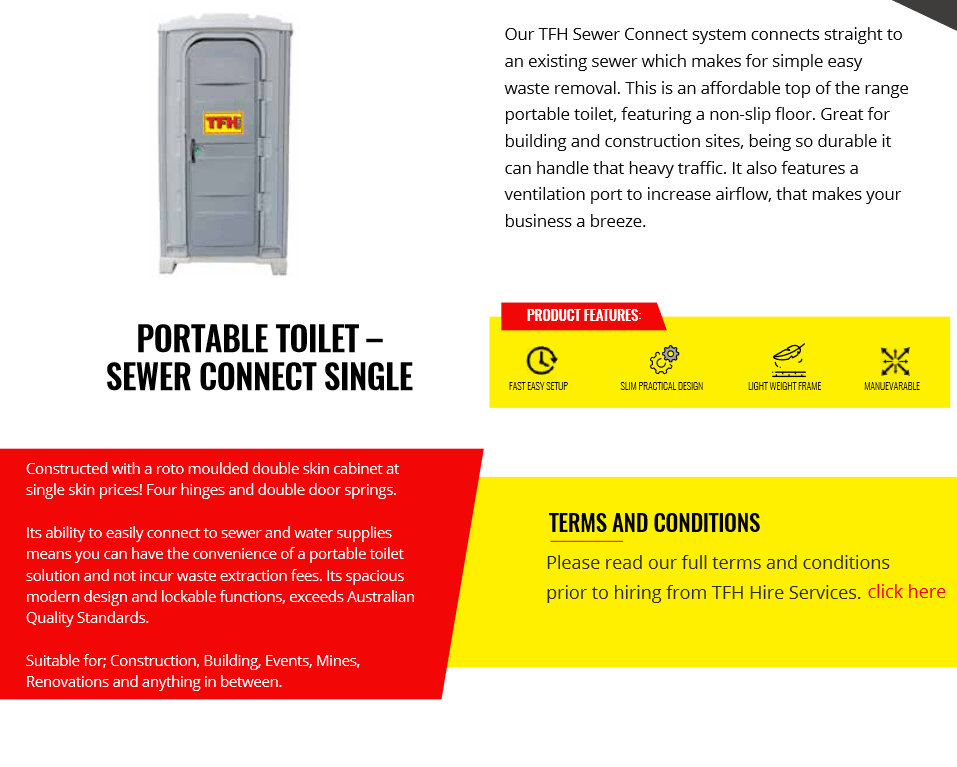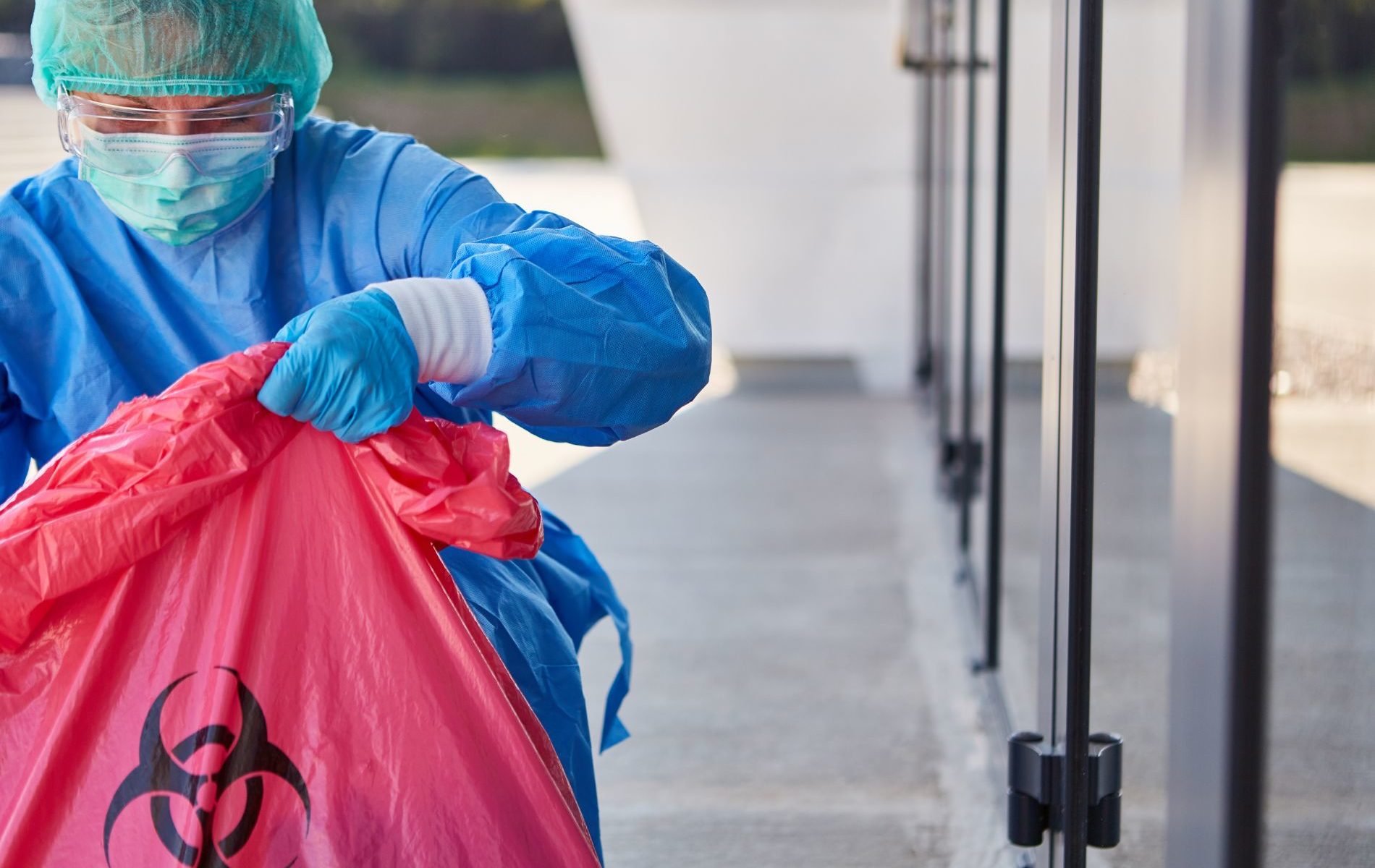Some Known Questions About Reclaim Waste.
Some Known Questions About Reclaim Waste.
Blog Article
The 4-Minute Rule for Reclaim Waste
Table of ContentsNot known Facts About Reclaim WasteGetting My Reclaim Waste To WorkIndicators on Reclaim Waste You Need To KnowReclaim Waste for DummiesRumored Buzz on Reclaim Waste7 Easy Facts About Reclaim Waste Shown

Never ever place harmful compounds down sinks, commodes or stormwater drains pipes Materials including petroleum, grease, oil, pesticides and herbicides, and solvents such as paint pole dancers should not be poured down sinks, toilets or stormwater drains. These materials are difficult to eliminate in the sewer treatment process and create pollution issues in our neighborhood rivers.

Although fluid waste is a term that covers a broad variety of materials, there's an excellent reason leaving its disposal to the professionals is suggested. Fluid waste is non-solid product that has no additional usage and must be treated and taken care of according to local, state and federal guidelines.
The Basic Principles Of Reclaim Waste
Instances of fluid waste can consist of wastewater, fats, oils or oil, made use of oil, liquids, solids, gases or sludges and dangerous house liquids, there are some that are considered to be more dangerous than others when it comes to the environment and the health and wellness of pets and people alike. It's therefore that each state and region have strict laws connected to liquid waste monitoring.
Fluid waste can be kept in holding tanks or packaged in drums, intermediate mass containers or approved tiny containers before either being dealt with or eliminated using outsourced vacuum cleaner vehicles. Provided the nature of the products, fluid waste can not enter the basic waste stream and there are strict laws on exactly how to get rid of it appropriately.
(https://anotepad.com/note/read/pkncyr85)Relying on a resolution of the level of danger, it may be required to remediate those sites. Additionally, dangerous fluid chemical wastes are controlled waste and must be tracked based on the state waste legislation. Under the chain of safekeeping and obligations, proprietors are accountable and liable for waste created by an organization.
Among the core applications for superabsorbent polymers (SAPs) is liquid waste solidification. liquid waste removal. SAPs are utilized by waste monitoring professionals to protect against potentially unsafe fluids from going into rivers, groundwater aquifers, and other delicate settings. Because liquids can rapidly move contaminants right into ecological receptors and potentially add to geotechnical failings, fluid wastes are generally banned from disposal in landfills
The 5-Minute Rule for Reclaim Waste
Generally, complimentary fluids are liquids that separate from the solid part of waste product. Liquid waste can include the following: HDD mud and cuttings Garbage dump leachate Wastewater treatment sludge & biosolids Dredged sediments Oil and gas drill cuttings Settling pond muck Hydro Excavation slurry Coal combustion residuals/ash Tank bottom sludge Concrete grinding/polishing slurry Associated Write-up: For a useful instance of complimentary liquids dividing from waste product, take into consideration the complying with situation: A waste administration check out this site specialist tons a dump truck with sludge from a wastewater treatment plant's oygenation container, during a routine upkeep occasion.
When the chauffeur arrives at the landfill, he notifications water seeping from the sludge and pouring from the dump truck. The load was denied by the land fill and the motorist was forced to throw away the waste as a liquid waste at an unique center, which enhanced the disposal fees tremendously.
The globe is sinking in rubbish and we can't afford to be untrustworthy any longer. We have to take activity and recycle whatever we can any place we can. We additionally require to be in charge of the correct disposal of our waste materials. It is not nearly enough that we pay garbage disposal companies to care for our rubbish.
Some Known Facts About Reclaim Waste.

The dreamland is a great exterior space with lots of sunlight and air. Segregate your waste. Segregating your waste can start inside the home. Set apart dry and liquid waste as well as edible waste, eco-friendly and non-biodegradable products. Constantly maintain the lid on your bins to avoid insects, worms, flies, and undesirable odours.
You can utilize old garbage can, pail, garden pot or old plastic drums. Drill four to five holes in the container so the air can distribute. Layer the base with dirt to soak up the wet waste. Start the composting process. Layer the compost with wet and completely dry waste along with soil to preserve an equilibrium between the wet and the completely dry.
A Biased View of Reclaim Waste
To assist in faster decay, you can also include semi composted soil to the compost. If you see the scent is coming to be also solid, include additional newspapers and paper waste or include even more openings to the compost container to maintain the balance of the waste products.
The globe is drowning in rubbish and we can not manage to be irresponsible any longer. We need to take action and reuse whatever we can wherever we can. We also need to be responsible for the correct disposal of our waste products. It is not sufficient that we pay garbage disposal business to take treatment of our rubbish.
Our waste, our responsibility. Have you ever wondered what occurs to your fluid waste after it's collected? Did you recognize that liquid waste can be reused? As liable residents, you need to recognize what occurs to your rubbish and where it pursues it is removed from you. Understanding the fluid waste removal process is very important in helping you to segregate your waste.
Excitement About Reclaim Waste
The ideal place is a good outdoor area with a lot of sunlight and air. Segregate your waste. Segregating your waste can start inside the home. Segregate dry and liquid waste as well as edible waste, naturally degradable and non-biodegradable products. Always keep the lid on your bins to avoid bugs, worms, flies, and unpleasant odours.
Layer the bottom with dirt to soak up the wet waste - liquid waste removal. Layer the compost with wet and completely dry waste as well as soil to maintain an equilibrium between the wet and the completely dry.
Cover the garden compost bin. Once a week, include soil on top of the garden compost. To help with faster decomposition, you can additionally include semi composted soil to the compost. Maintain the garden compost. If you discover the smell is coming to be as well strong, include additional papers and paper waste or include more openings to the compost container to keep the equilibrium of the waste products.
Report this page